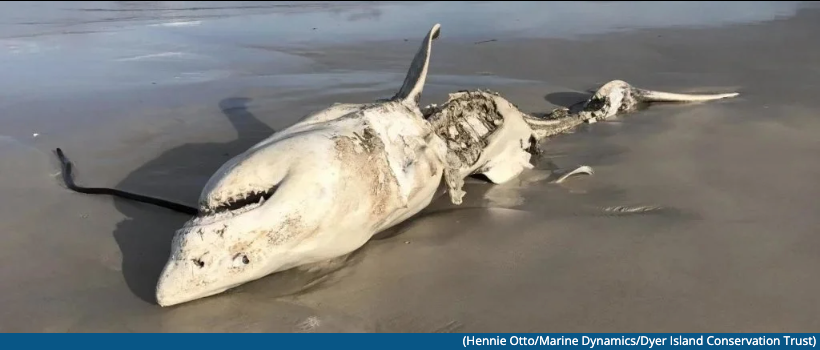||| FROM SCIENCE ALERT |||
There is no sea creature whose name inspires terror – rightly or wrongly – as much as the great white shark.
With its sleek body optimized for hunting, its sharp teeth, and its (somewhat undeserved) reputation for enjoying human flesh, the great white (Carcharodon carcharias) is widely regarded as one of the ocean’s top predators. And that’s true, it is – but there’s something even the great white fears.
Since 2017, scientists have documented that the sharks have made themselves extremely scarce off the coast of South Africa, where they usually congregate. Initially, the strange disappearance was blamed on human activity, such as overfishing.
Now, new research has confirmed in detail the true culprit: a pair of orcas (Orcinus orca), hunting the sharks and slurping out their delicious, nutritious, vitamin-rich livers.
Once upon a time, the fishing town of Gansbaai on the South African coast was something of a mecca for shark-spotters – so heavily populated with the predators that nearby Dyer Island is considered the great white shark capital of the world. Over the last few years, however, the sharks’ presence has been diminishing.
In addition, since 2017, eight great white sharks have washed ashore at Gansbaai, seven of them sans livers (and some without their hearts) – the hallmark of an orca attack. The wounds on these sharks are distinctive, and have been traced to the same pair of orcas. It’s likely, scientists believe, that the pair are responsible for many more great white deaths that haven’t washed ashore.
We know from other studies that the presence of orcas can drive great white sharks away pretty adroitly. One in 2020 found that great whites will scarper away, without fail, from preferred hunting waters off the coast of San Francisco if an orca makes an appearance in the region.
In a new study, using long-term sighting and tracking data from tagged sharks, a team of scientists led by marine biologist Alison Towner of the Dyer Island Conservation Trust has shown that orcas are the reason sharks are starting to avoid what used to be some of their favorite spots.
“Initially, following an orca attack in Gansbaai, individual great white sharks did not appear for weeks or months,” Towner explained.
“What we seem to be witnessing though is a large-scale avoidance (rather than a fine-scale) strategy, mirroring what we see used by wild dogs in the Serengeti in Tanzania, in response to increased lion presence. The more the orcas frequent these sites, the longer the great white sharks stay away.”
The team’s research has been published in the African Journal of Marine Science.
**If you are reading theOrcasonian for free, thank your fellow islanders. If you would like to support theOrcasonian CLICK HERE to set your modestly-priced, voluntary subscription. Otherwise, no worries; we’re happy to share with you.**








How did you determine that the shark’s liver is delicious?
Orcas have beenkilling whites for year off the coast of
California for years . Nothing new